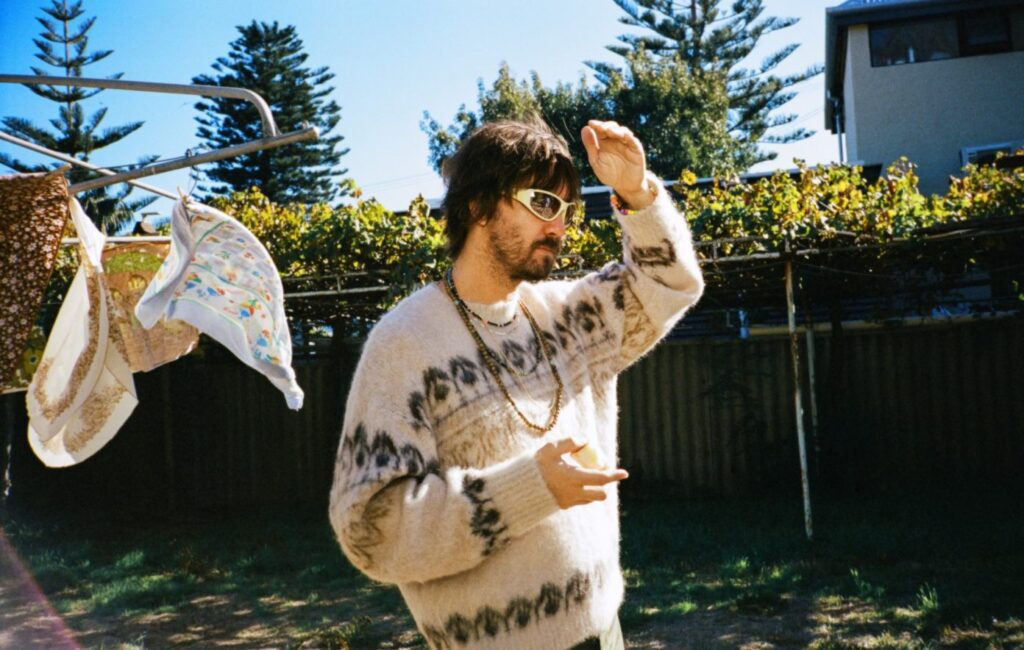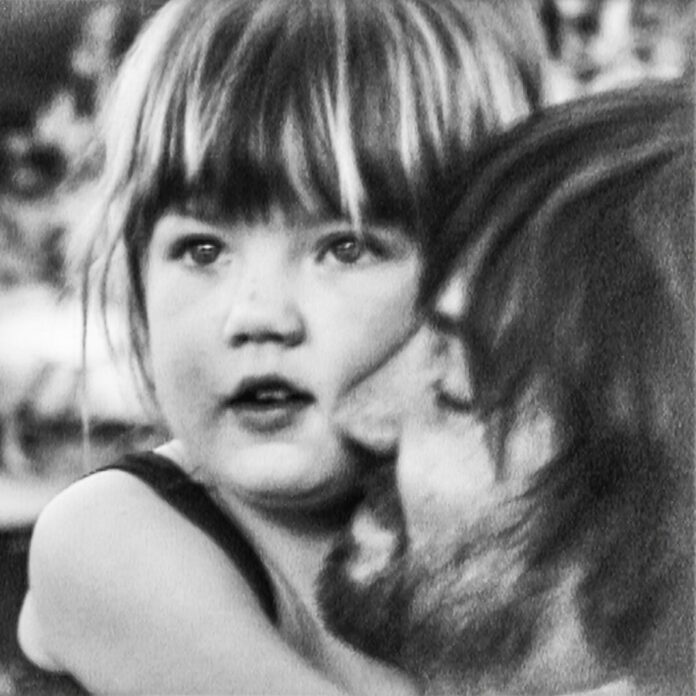Tame Impala’s latest LP ‘Deadbeat‘ marks Kevin Parker’s most explicit embrace of dance music yet. Where previous records have been framed as psychedelic alt-pop, Deadbeat leans heavily into club culture. Parker himself says he loves “finding the line between two things and walking it,” an ethos that plays out on a record oscillating between woozy psych-rock and driving dancefloor motion. Parker said in an interview with Apple Music he has long fused electronic textures into his sound, but here he “surrenders fully to the spartan, strobe-lit allure of dance music.” He even embraced imperfection by routing all the drum machines through guitar amps to make a “simple, shabby-sounding album.” ‘Deadbeat’ was conceived on the California coast and feels representative of that environment sonically, blending introspective songwriting with airy, four-on-the-floor groove.

On lead single ‘Dracula,‘ Tame Impala dons a disco mask. The track can be described as a Giorgio Moroder/Bee Gees hybrid; an upbeat, Halloween themed track. Parker describes this single as one of the album’s defining moments. It’s a playful number built on a funk-driven beat and sparse instrumentation. The bass is warm and the production feels almost like a midnight fever dream. Lyrically, it adopts vampiric imagery (Parker even name-checks a Pablo Escobar–style persona), but the overall feel is light and catchy. The track’s minimal arrangement and intuitive hook allow Parker to still inject atmosphere into his music without need for heavy guitar riffs.
The mood shifts on ‘Not My World,‘ a near instrumental centerpiece driven by a snappy house groove. This mid tempo cut brings a reflective twist. Built on a slow, pulsing beat, it feels more introspective than outright euphoric. Parker delivers minimal vocals here, letting the track’s cyclical synth bass and a dollop of piano define its understated mood. He repeats the title line in a dreamy, almost resigned tone, conveying a sense of drifting alienation. Musically, it’s deceptively simple: a steady, circular groove with hazy synths. Contextually, Parker explores themes of displacement and identity.
By ‘Ethereal Connection,‘ Parker has fully ventured into club territory. The album’s most overt electronic cut, clocking in at 7:42, is purely an instrumental dance track. Driven by a pounding techno kick and swirling modular synths, it represents Parker’s club aspirations in full. This song’s relentless 4/4 pulse make it fit for a bush-doof, a nod to the outdoor raves Parker cites as inspiration for the album. Parker has long spoken of being drawn to “endless, hypnotic” music for the way a crowd can tap into it, and on ‘Deadbeat’ he translates that trance-like ideal into a psych-pop context.
Late in the record, ‘Afterthought‘ arrives as an unexpected upbeat chorus over techno. An 11th-hour addition during mastering, it unfurls with bright arpeggios and bass swells like an ’80s electro/pop anthem. Apple Music heralds it as an “irresistible New Order-esque earworm,” a shimmying, synth-led hook that contrasts the album’s instrumental expanses. It’s unabashedly catchy and polished, almost easy listening dance/pop. Some critics note that its clean, sing-along melody feels more conventional than the album’s more underground moments, as if a club track got a glossy pop overlay.
The closing track ‘End Of Summer‘ finds Parker in bittersweet disco mode. He tempers the beat with wistful lyrics and watery production, with some critics having called the track rainwashed in its melancholy as much as its energy. The track harkens back to the acid house era of the late ’80s and early ’90s, finding a delicate balance between intentional lyricism and a driving groove. The first single released in the rollout of the album, ‘End Of Summer’ is a great way to close out the record and summarize the album holistically.
Parker describes the album’s approach as intentionally spare. He restricted himself to “a really small amount of sounds” to build what he calls a “really condensed sound.” Even as techno and house textures thread through the record, the arrangements remain stripped back and obsessively focused. That restraint does something rare; It pushes the listener to move and to think at the same time. Beneath the bush-rave ethos and dreamy pop melodies, he quietly processes fame, fatherhood and isolation. The album is taut and propulsive, insisting as much on the body’s movement as on the mind’s reflection.




